

Bah Publishing, 415 Linden Avenue, Wilmette, IL 60091-2886
Copyright 2004 by Kenneth E. Bowers
All rights reserved. Published 2004
Printed in the United States of America on acid-free paper
13 12 11 10 7 6 5 4
Library of Congress Cataloging-in-Publication Data
Bowers, Kenneth E.
God speaks again : an introduction to the Bah Faith / by Kenneth E. Bowers,
p. cm.
Includes bibliographical references.
ISBN 978-1-931847-12-4 (alk. paper)
eISBN 978-1-931847-95-7
1. Bahai Faith. I. Title.
BP365.B64 2004
297.93dc22
2003062595
Cover design by Robert A. Reddy
Book design by Patrick J. Falso
IN LOVING MEMORY OF MY GRANDMOTHER,
DOROTHY DANIEL FORD
CONTENTS
ACKNOWLEDGMENTS
Most achievements of real value are the result of successful collaboration. To the extent that this volume has any merit, it is due to the outstanding contributions of scholars of the Bah Faith past and present, whose works provided invaluable information and perspective, and to the encouragement and assistance of friends and colleagues. Its deficiencies, however, are entirely of my own making.
I am deeply grateful to learned and experienced friends who agreed to read and comment on the manuscript. First and foremost is Dr. David S. Ruhe, who offered detailed comments as well as access to unpublished manuscripts of his own that cover the early history of the Bah Faith. His loving encouragement throughout the process meant more than I can say. I am also indebted to the following individuals for their encouragement and their helpful comments on the concept and the manuscript: Stephen Birkland, Alan Ford Bowers, Robert C. Henderson, Jack McCants, and Erica Toussaint. My thanks also to Juana C. Conrad, Caswell and Gwen Ellis, Rebecca Ellison, William Geissler, Jena Khodadad, Paul Lample, Shelley Rastall, and Tim Tyson for their loving encouragement.
This project was blessed with an extraordinary editorial team, led by Terry Cassiday. I wish to thank her for her encouragement and the high standards she maintained throughout the process. I am also grateful to the other members: Christopher Martin, Ladan Cockshut-Miller, and Martha Villagomez-Morrison. Thanks to you, it was a wonderful and educational experience. Thanks also to Lee Minnerly, general manager of Bah Publishing, for his unfailing support and collegial spirit.
Lastly, I thank my parents for their love and encouragement for all my efforts; and my dear wife Mojgan and our beautiful children, Mojdeh and Ford, for their love, patience, and moral support. I love you all very much.
K ENNETH E. BOWERS
Vernon Hills, Illinois
September 2003

A NOTE TO THE READER
The system of transliterating Persian and Arabic terms that is followed in this book is one of several that are currently in use. It has been chosen because Shoghi Effendi, Guardian of the Bah Faith, advocated its use for the sake of consistency.
However, place names that have well-established English equivalents (e.g., Ba dad, Tehran) are not transliterated unless they occur as part of a quotation that employs the Bah system (Ba
dad, Tehran) are not transliterated unless they occur as part of a quotation that employs the Bah system (Ba dad,
dad,  ihrn). The same is true for names of titles (sultan, shah, mulla), which are not transliterated unless they occur as part of a quotation or part of a transliterated name (Sul
ihrn). The same is true for names of titles (sultan, shah, mulla), which are not transliterated unless they occur as part of a quotation or part of a transliterated name (Sul n Abdul-Azz Mulla
n Abdul-Azz Mulla  usayn).
usayn).
INTRODUCTION
Human beings have always longed for a sense of purpose. We have ever been in search of the meaning of existence. We have always wanted to love and to be loved. We have always dreamed of peace. This is no less true today than in ancient times.
The twentieth century was born at a time when the forces of modernism were swiftly gaining momentum. Scientific, political, and cultural advances of that day contributed to an overwhelming sense that humanity was entering a new era. With these discoveries came not only hope for dramatic and uninterrupted progress, but also new philosophies, at the center of which stood man himself. Humanity was now, according to emerging thought, unloosed from the shackles of past traditions and dogmas, free to discover truth, and firmly in control of its destiny. In the conviction that happiness and prosperity were at long last within the reach of every individual, the pioneers of that age, especially in Europe and America, poised themselves to spread the benefits of enlightened civilization across the earth.
The present perspective, however, shows that the Modern Age has been a mixed blessing. In spite of humanitys many marvelous achievements, the fundamental goal of a peaceful and just society still seems to lie beyond our reach. Although conditions have certainly improved for many people, the vast majority of the world still languishes in desperate poverty while a few enjoy luxuries such as the Caesars could not have imagined. The very advances that have transformed the planet into a global village have also exacerbated age-old tensions between nations, religions, and ethnic groups and have provided the means for rivals to deal with each other on a scale so vast and by means so brutal as could scarcely have been imagined in a previous age. To these tensions can be added a steadily rising environmental destruction whose ultimate consequences, if the trend is not reversed, are dreadful to contemplate.
The ironies of modern life are present also in the nations that have gained the most. In the United States, for example, the top strata of society enjoy a standard of living and a level of personal freedom unparalleled in history. Yet a large proportion of the countrys citizens seem perpetually excluded from this prosperity. There is hardly a household that has not been touched by the crimes and abuses that abound in that society, and the prevalence of mental and emotional disorders demonstrates that material well-being alone is no guarantor of happiness.
As we enter the new millennium, an increasing number of thoughtful people are realizing that the Modern Age might just as aptly be labeled the Age of Frustration. History has shown that the moral aspects of civilization do not automatically progress hand-in-hand with the material ones. More and more thinkers admit that science does not, after all, address inner spiritual needs. It has been learned that even the most advanced and progressive political systems can go only so far in ensuring justicein other words, that morality cannot be legislated. And education, for all its value, does not equal wisdom if it does not include the moral dimension. Moreover, we are presented with a chaos of choices in the form of countless religions, creeds, political movements, and other belief systems, each laying claim to solutions to the issues of human happiness. In many respects we seem no closer than we ever were to the ideal of universal human prosperity.

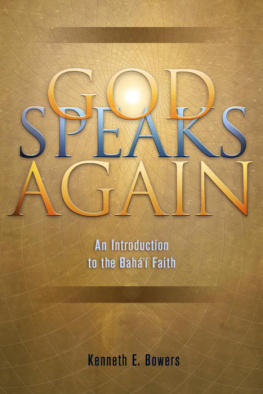
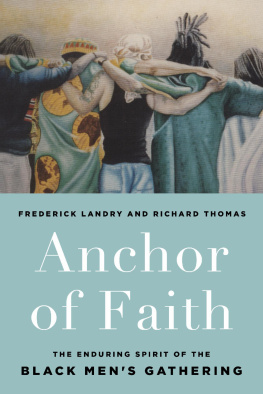
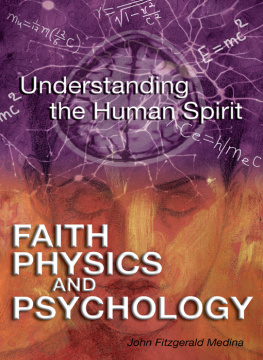
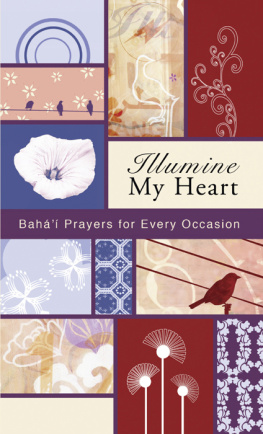

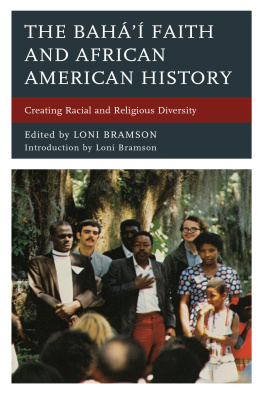
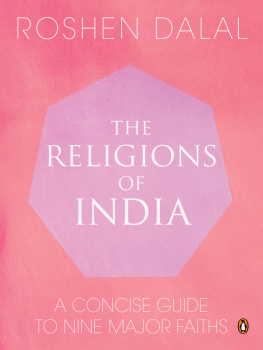
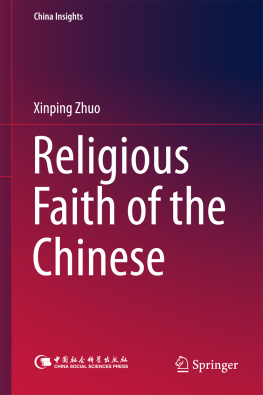

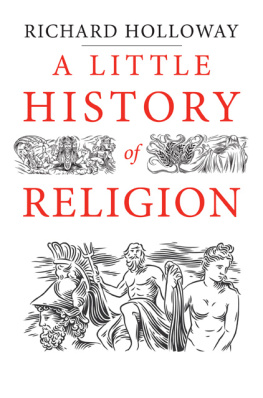

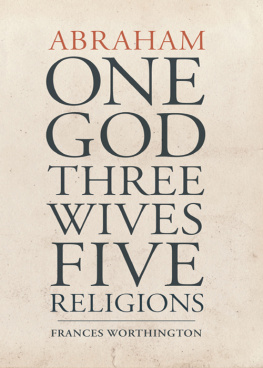




 dad, Tehran) are not transliterated unless they occur as part of a quotation that employs the Bah system (Ba
dad, Tehran) are not transliterated unless they occur as part of a quotation that employs the Bah system (Ba dad,
dad,  ihrn). The same is true for names of titles (sultan, shah, mulla), which are not transliterated unless they occur as part of a quotation or part of a transliterated name (Sul
ihrn). The same is true for names of titles (sultan, shah, mulla), which are not transliterated unless they occur as part of a quotation or part of a transliterated name (Sul n Abdul-Azz Mulla
n Abdul-Azz Mulla  usayn).
usayn).